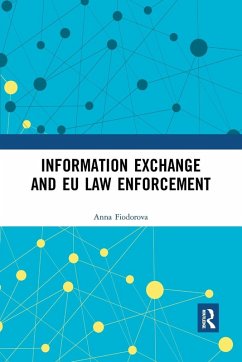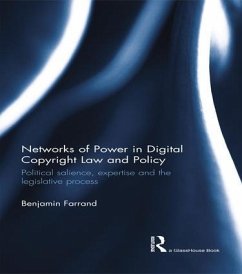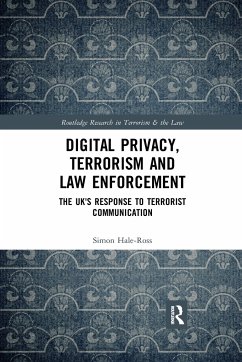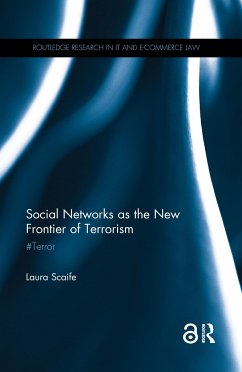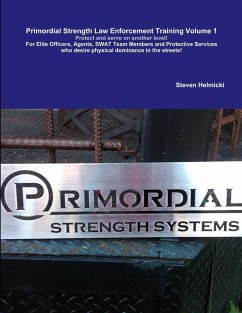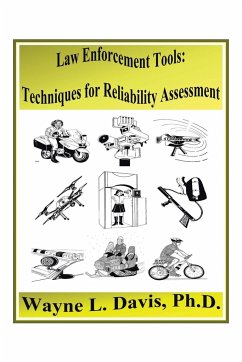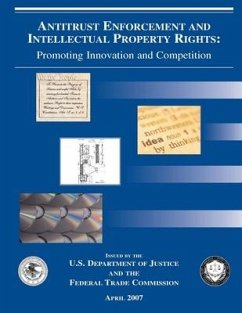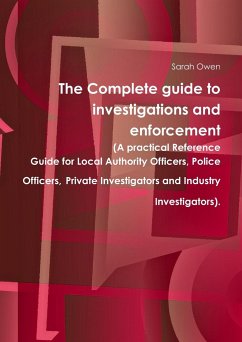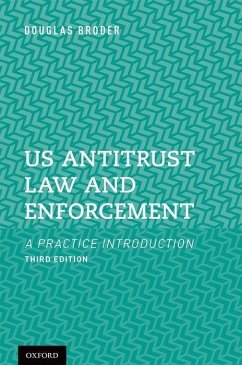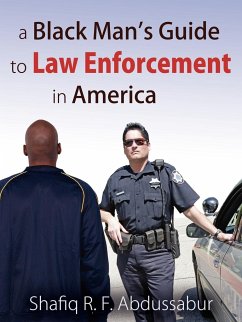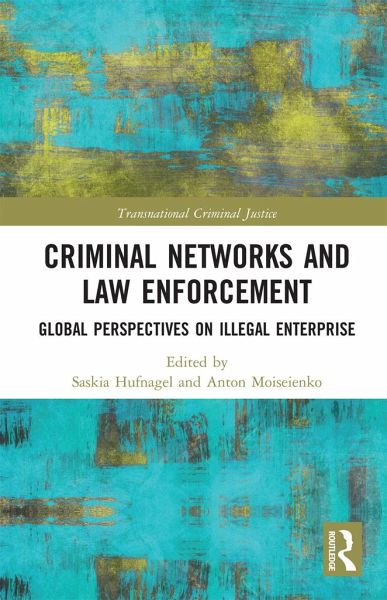
Criminal Networks and Law Enforcement
Global Perspectives On Illegal Enterprise
Herausgeber: Hufnagel, Saskia; Moiseienko, Anton
Versandkostenfrei!
Versandfertig in 1-2 Wochen
55,99 €
inkl. MwSt.

PAYBACK Punkte
28 °P sammeln!
This collection presents an analysis of illicit networks and discusses implications for law enforcement and crime prevention. The contributors draw on a range of methodologies and apply them to diverse international criminological settings, from illegal fishing in the Indo-Pacific to 'money mule' networks in the Netherlands. Using a variety of examples, the book elucidates how and why criminals form networks of cooperation and how they can be disrupted. It is expected to be of interest to those who study criminology or criminal law, as well as law enforcement practitioners.





